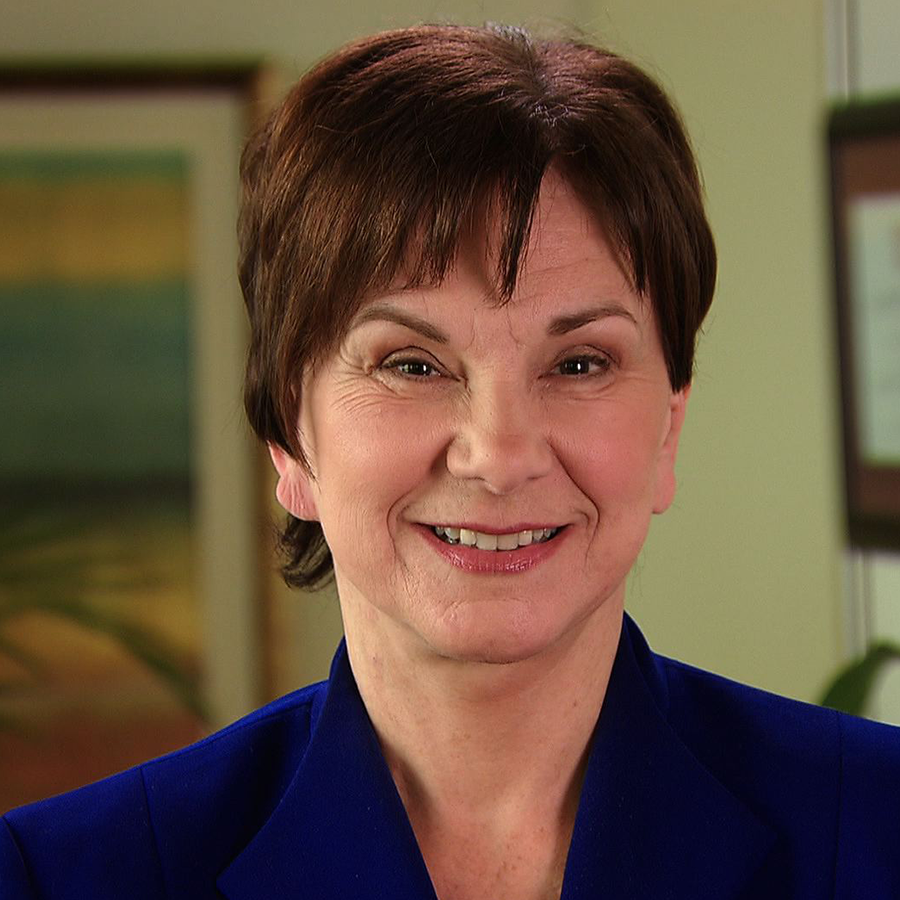Janet Woodcock, MD, Appointed Acting FDA Director
Her appointment comes during the coronavirus disease 2019 vaccination push.
Janet Woodcock, MD

The American Association for Cancer Research (AACR) supports President Joseph Biden’s decision to appoint Janet Woodcock, MD, as acting commissioner in the FDA, according to a press release by the association.1
Woodcock’s appointment comes when coronavirus disease 2019 (COVID-19) has caused over 416,000 deaths in the United States alone, according to the Centers for Disease Control and Prevention.2 Two vaccines have been granted Emergency Use Authorization by the FDA, 1 by Moderna and 1 by Pfizer and BioNTech. Both are currently being distributed to the American Public.
Woodcock is replacing the 24rd commissioner of the FDA, Stephen M. Hahn, MD. Hahn, who held the position between December 17, 2019 and January 20, 2021, served as the chief medical executive at the University of Texas MD Anderson Cancer Center prior to joining the FDA.3
“Dr. Woodcock’s appointment provides continuity in leadership at the FDA and recognizes the vital importance of scientific innovation that is especially needed during this challenging period of the pandemic. We look forward to working with her in her new role as acting commissioner, and with her as commissioner should President Biden decide to choose her for this position,” said Margaret Foti, PhD, MD (hc), chief executive officer of the AACR, in a press release.
Woodcock initially joined the FDA in 1986 and most recently served as the director of the Center for Drug Evaluation and Research. Under Woodcock’s leadership, the number of FDA-approved personalized medicine grew to 286 in 2020. Additionally, Woodcock was assigned to the drug portion of “Operation Warp Speed,” the prior Trump Administration’s taskforce to speed the development of the COVID-19 vaccine.1
“We look forward to working with Dr. Woodcock and her dedicated colleagues at the FDA to ensure the approval of safe and effective treatments for patients with cancer,” said AACR President Antoni Ribas, MD, PhD, professor of Medicine at the David Geffen School of Medicine at the University of California Los Angeles, and director of the UCLA Jonsson Comprehensive Cancer Center Tumor Immunology Program in a press release. “Throughout her more than three decades of stellar service at the FDA, Dr. Woodcock has been a remarkable leader in working through the key issues facing the ever-expanding field of personalized medicine, including providing expert guidance to encourage its development and success.”
REFERENCE:
AACR applauds appointment of Janet Woodcock, MD, as acting Commissioner of the FDA. News Release. AACR Website. January 22, 2021. Accessed January 25, 2021. https://www.aacr.org/about-the-aacr/newsroom/news-releases/aacr-applauds-appointment-of-janet-woodcock-md-as-acting-commissioner-of-the-fda/
United States COVID-19 cases and deaths by state. CDC Website. https://bit.ly/3c9EAwZ Accessed January 25, 2021.
Stephen M. Hahn, MD. FDA Website. https://www.fda.gov/about-fda/fda-organization/stephen-hahn. Accessed January 25, 2021.